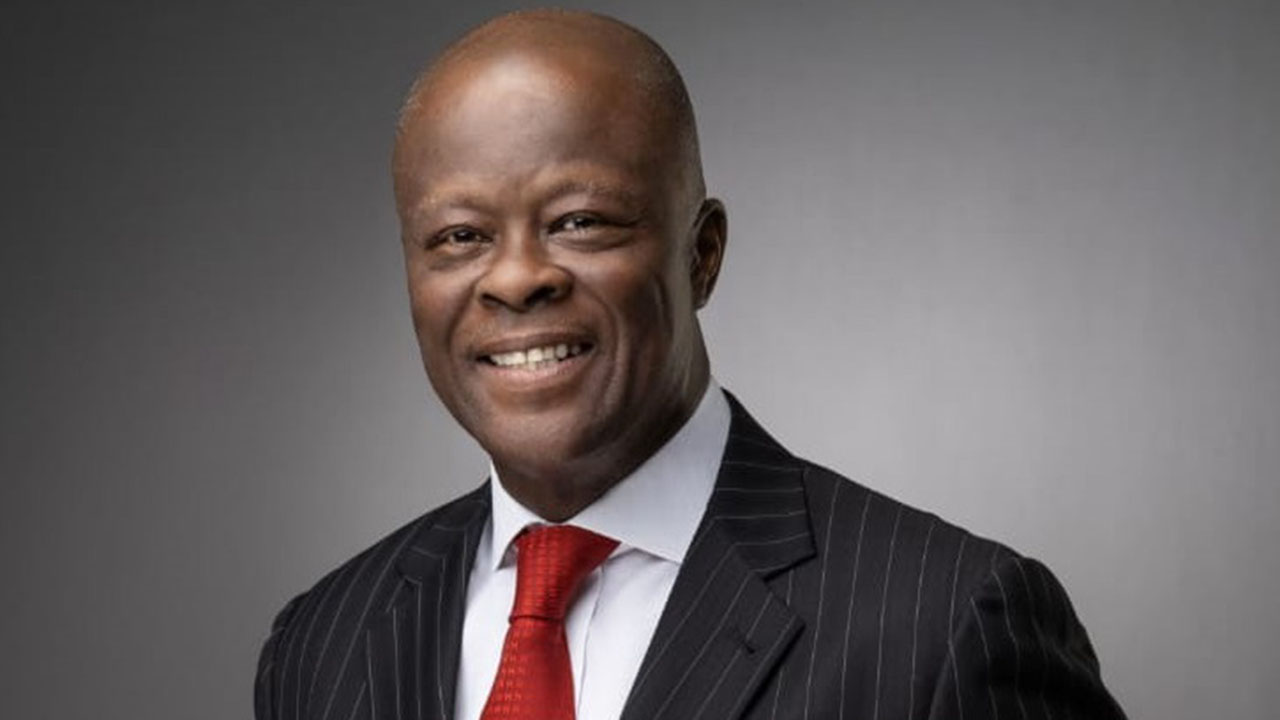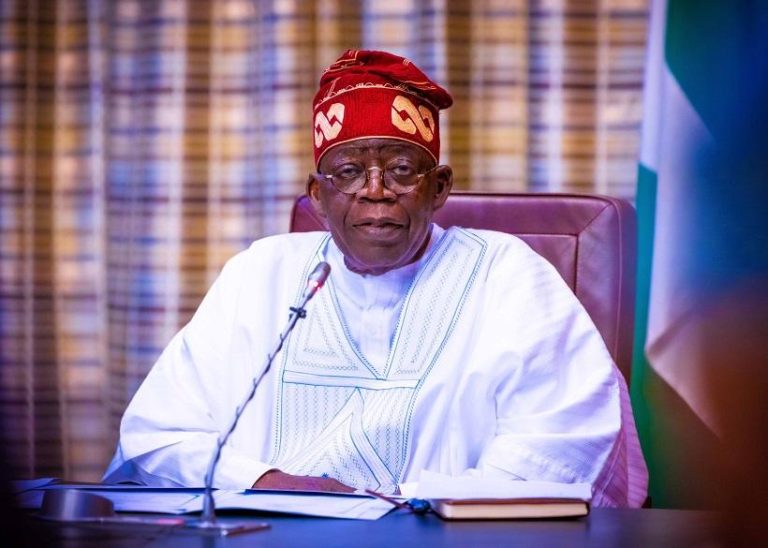
Nigeria’s Finance Minister and Coordinating Minister of the Economy, Wale Edun, has reassured citizens that the country’s economy is on a recovery path, signaling the end of its most challenging phase.
In an opinion piece released on Sunday titled “Nigeria turning towards prosperity”, Edun said the nation’s economic turnaround follows reforms introduced since President Bola Tinubu assumed office in 2023.
“Despite historical shortfalls and present-day challenges, the most difficult phase of our economic journey is behind us. Nigeria has turned a decisive corner,” he said.
Edun highlighted key macroeconomic indicators, noting that GDP grew by 4.23% in Q2 2025, inflation has moderated to 18.02%, and the exchange rate gap between official and parallel markets has narrowed to around 1%, down from nearly 70% in 2023. He added that foreign reserves have risen above $43 billion, the highest since 2019.
The minister acknowledged the economic pain caused by reforms such as removing fuel subsidies and unifying exchange rates, which led to higher petrol prices and currency depreciation. Yet, he emphasized that these measures have laid the foundation for sustainable growth.
“Food inflation remains a challenge, but targeted measures have begun to ease the burden. A bag of rice now averages around N80,000, down from N120,000 last year,” Edun said.
He also outlined government efforts to support vulnerable Nigerians, including direct cash transfers to 8.1 million households, programs to stimulate agricultural production, and incentives to revive investment in the oil and gas sector.
On fiscal matters, Edun stressed that Nigeria’s low revenue-to-GDP ratio and high debt service costs remain concerns, but ongoing reforms including the Nigeria Tax Act and the Revenue Optimisation and Assurance programme, will strengthen revenues and expand the tax base.
“Our medium-term target is seven per cent growth by 2027/28. Achieving this will require government action alongside private sector and citizen participation,” he concluded.
Edun’s remarks reinforce President Tinubu’s message during the Independence anniversary speech, highlighting that the administration’s reforms, while difficult, are steering Nigeria towards inclusive prosperity with investments in infrastructure, education, healthcare, and security.



